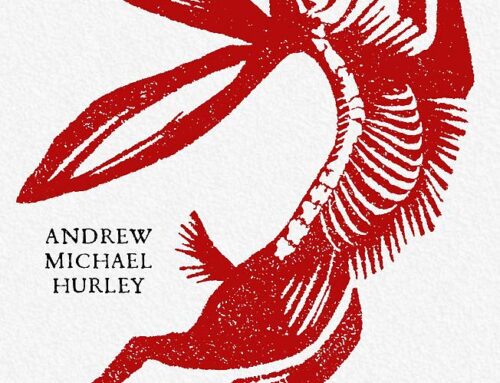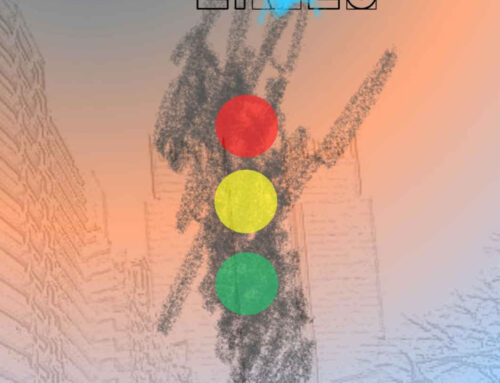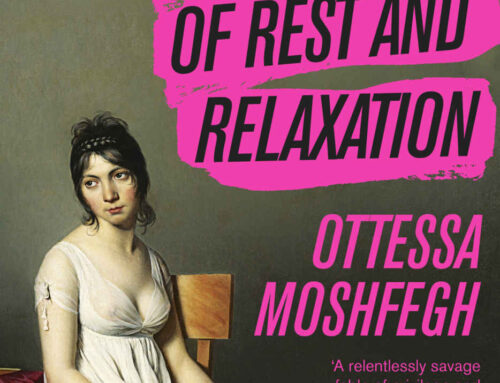 Spanning more than two decades, Half a Cup of Sand and Sky by Nadine Bjursten is a beautiful and sorrowful story that begins with the Iranian revolution in the late 70s, telling the story of Amineh, a remarkable woman and writer who lived through difficult times, and whose inner life Bjursten’s has masterfully put on the page.
Spanning more than two decades, Half a Cup of Sand and Sky by Nadine Bjursten is a beautiful and sorrowful story that begins with the Iranian revolution in the late 70s, telling the story of Amineh, a remarkable woman and writer who lived through difficult times, and whose inner life Bjursten’s has masterfully put on the page.
Although set in the past, this book feels urgent and contemporary because social justice, feminism, and individual and collective freedom are topics that are perennially relevant, all around the world. It is 1977 and Amineh is a student at Tehran University. After the death of her grandmother, she decides to devote her life to studying literature, leaving her rose farm to her cousin. Only then will she be able to live up to her dream of writing a novel about her parents who left a gaping void after they died when she was only eight.
At this moment in history, the unrest towards the Shah and his regime is bubbling into protests in an atmosphere full of fear and defiance. It is an acquaintance of Amineh, the pale and withdrawn Tahmures, who turns out to be the last martyr for the cause, tortured and then murdered in prison. At an event that was half a memorial for Tahmures and half a secret political gathering, Amineh meets Farzad, a nuclear physicist tied in not only with the Iranian political class, but also with powerful people all over the world. He is a dissident too, and Amineh knows almost instantly that they are bound together. As she ties herself to this man whom she loves and admires, and yet somewhat fears, the world around her is toppling down, and is about to deal her terrible blows on top of her already troubled life.
Amineh is a multifaceted and fascinating character; she is stricken by unbearable pain, and yet she is also capable of deep joy. Her times are troubled and politically charged, but she never loses her vibrant personality – she may stop working on her book for months, but she never quits constructing her story. The complexity of this unforgettable character and the events that inform her life – both personal and public – make the novel immersive and viscerally impactful, as if the reader is experiencing these moments as well. Bjursten guides us through the story with a vibrant and delicate close third-person narration that is suffused by Amineh’s strong, poetic mind, but also doesn’t shy away from showing the effects of her trauma, her crippling doubts, and her sense of guilt, conveying her inner and outer turmoil with profound empathy and emotional detail.
As Amineh grows into a wife, a mother, and a mature woman, she loses people she loves, she bonds with the most unexpected ones, she moves from Iran to Sweden, and she finally puts together the book she, Farzad, and her long-time friend Ava, have always dreamed of – lyrical and political, intimate and communal. One roots for her throughout, but Bjursten’s prose is never pandering or overly sentimental – there is an honest reality to Amineh’s story that gives the novel an unforgettable sense of urgency.
Brilliantly layered and beautifully written, this PEN America finalist is both a searing character portrait and an incisive examination of Iranian history, which is at once moving and illuminating.
Available At


















Leave A Comment